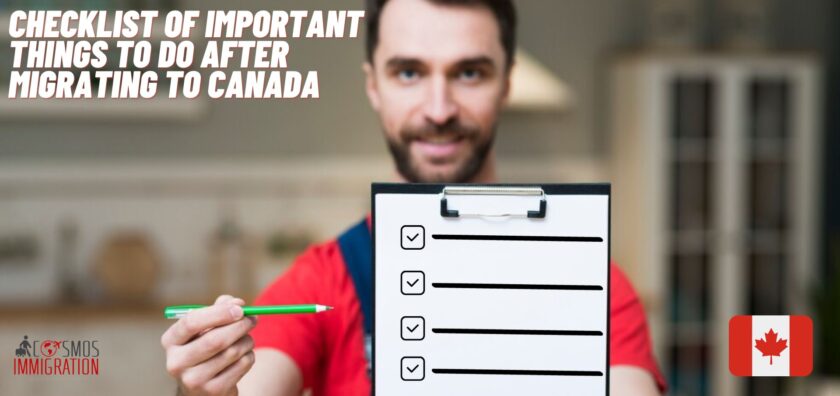Is migrating to Canada your prime goal? If yes, then you must be aware of the quintessential role of Educational Credential Assessment (ECA) in Canadian immigration. ECA analyses the validity of your credential as well as evaluates whether your credential is corresponding to equivalent Canadian qualifications.
IRCC has assigned WES (World Education Services) for providing Educational Credential Assessment. In November 2020, WES has stated new guidelines for aspirants applying for ECA. These recently incorporated requirements are designed to make the ECA procedure less lengthy and accelerated.
Keep up with us till the end to extensively understand what exactly are the new guidelines for Canada’s ECA set by WES.
SUBMISSION OF ONLY HIGHEST CREDENTIAL
In most types of applications, you only need to submit your highest credential; meaning you only need to submit your highest degree certificates and not of the credentials subsequently below that. The more apprehensive approach is adapted in the table below.
| QUALIFICATION (DEGREE) | NEED TO BE SUBMITTED | NEED NOT BE SUBMITTED |
| Doctorate | Doctorate certifications | Bachelor’s or master’s certifications |
| Master’s | Masters certifications | Bachelor’s certifications |
| Bachelor’s | Bachelor’s certifications | Secondary school’s reports |
Your ECA report will not include any credentials acquired in Canada, records below the secondary school, and extracurricular certificates. WES might ask for additional credentials than mentioned above as the exact need for documents depend on various factors.
It must be noted that by submitting any extra credentials than exactly required, your ECA can get delayed.
Potential exceptions for the above requirement are Indian credentials and Francophone credentials.
FOR THOSE WHO ATTENDED SCHOOL IN INDIA
For more comprehensiveness of required credentials certifications refer the following table:
| QUALIFICATION (DEGREE) | NEED TO BE SUBMITTED | NEED NOT BE SUBMITTED |
| Master’s or post-graduate diploma (Exceptions: masters of philosophy, engineering, education, and technology) | Master’s and bachelor’s degree documents | _ |
| Doctorate | Doctorate degree documents | Master’s or bachelor’s documents |
FOR THOSE WHO ATTENDED SCHOOL IN FRANCOPHONE
Rules for aspirants from francophone remains somewhat similar to Indian credentials, for a more understandable approach refer to the following table.
| QUALIFICATION | NEED TO BE SUBMITTED | NEED NOT BE SUBMITTED |
| DEUG, DUT, or Licence | Qualification related document | Diplôme du Bac or BEP |
| Maîtrise, Master, Diplôme d’Ingénieur, Diplôme de Grandes Ecoles, DEA, Diplôme d’Etat de Docteur en Médecine, or Diplôme d’Etat de Docteur en Pharmacie | Qualification related documents | DEUG, DUT, or Licence |
| Diplôme de Docteur | Qualification related documents | Maîtrise, Master, Diplôme d’Ingénieur, Diplôme de Grandes Ecoles, DEA, Diplôme d’Etat de Docteur en Médecine, or Diplôme d’Etat de Docteur en Pharmacie |
ACCEPTANCE OF NON-TRANSLATED DOCUMENTS
Previously, if your authorized documents were in languages other than English or French then you were required to translate them prior to applying for ECA. But according to recent guidelines by WES, now you can submit some academic documents without having them translated.
With all of this being said, definitely, Canadian immigration procedure has taken a gentle step towards simplicity. Even though genuine efforts of WES and IRCC are appreciable, the actual process still remains complicated and difficult to understand.
CosmosImmigration is working in the field of immigration services for years and served hundreds of aspirants who are now successful immigrants. If you are willing to immigrate in Canada, schedule a free consultancy session with us today.




